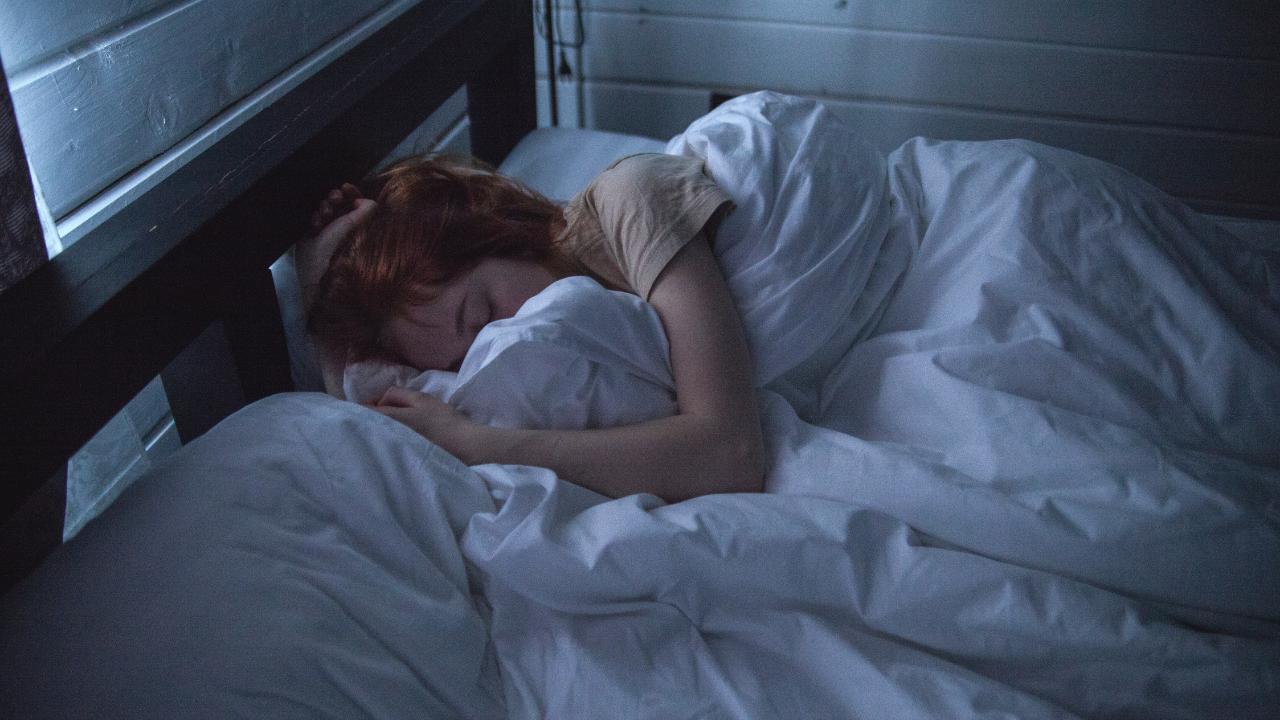
Hashimoto’s Guide to Better Sleep
Dec 04, 2021A good night’s sleep is just as important as regular exercise and a healthy diet in healing Hashimoto’s. If you want to optimize your health or lose weight, getting a good night’s sleep is one of the most important things you can do. I always tell my clients to aim for 8-9 hours of sleep a night.
Here are some ways to improve sleep:
1. Lavender essential oil
A powerful herb with many health benefits, lavender can induce a calming and sedentary effect to improve sleep. Rub between wrists and inhale and rub into soles of feet.
2. White noise machine
White noise machines may help you get a better quality night's sleep by masking environmental or outside noises that are causing disturbed sleep. They not only can help you get to sleep but also stay asleep, and may even help to train your brain to know when it's time to snooze.
3. No TV or Phone an hour before bedtime
Electronic back-lit devices like cell phones, tablets, readers, and computers emit short-wavelength enriched light, also known as blue light. Fluorescent and LED lights also emit blue light, which has been shown to reduce or delay the natural production of melatonin in the evening and decrease feelings of sleepiness. Blue light can also reduce the amount of time you spend in slow-wave and rapid-eye movement (REM) sleep, two stages of the sleep cycle that are vital for cognitive functioning.
4. Meditation
Sleep meditations help create the inner conditions needed for a truly restful night. Because when we settle the mind, we rest the body — and that restfulness is what makes it easier to wind down and drift off.
5. Chamomile tea before bed
Drinking chamomile tea before going to bed is certainly worth trying if you want to improve the quality of your sleep. Chamomile tea contains antioxidants that may promote sleepiness, and drinking it has been shown to improve overall sleep quality.
6. Eat the last meal (dinner should be smaller than breakfast and lunch) 3 hours before you go to sleep
Night time wake ups are usually due to digestion or blood sugar levels.
7. Restorative Yoga
Relaxing music or guided relaxation can also help. Using these in conjunction with taking some time before bed to practice Restorative Yoga can help alleviate sleep problems by relaxing the nervous system.
8. Limit caffeine after 12pm
Caffeine has a half-life of about 5 hours after it is consumed, so you want to make sure you drink decaf or herbal tea after 2pm. Also watch out for chocolate and other sneaky foods that have caffeine.
